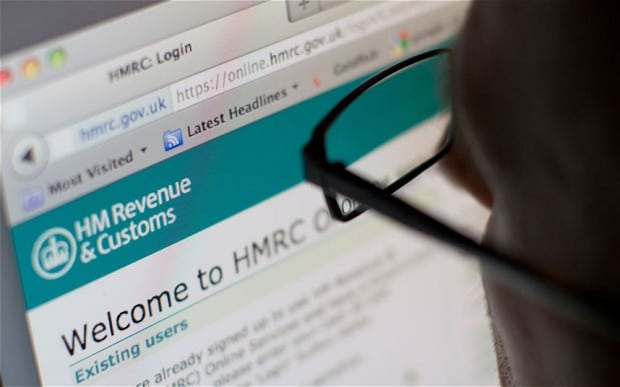Is retirement in Spain on your horizon?
If a “place in the sun” is on your wish list and you decide to make the move, one of the first things you should consider is where you will live. Let’s not think about the geographical location at this point, because there’s so many lovely places and regions, but more about whether you will rent or buy.
Of course, renting in the short-term can be good to test out different locations, but ultimately this may prove less economically sound than buying a home in Spain.
You may want to keep your UK home as a income-producing rental property or you may sell up and sink all your capital into Spanish property.
Whatever you decide to do, one of the first things you will need to think about will be the financial considerations, and particularly the tax obligations of owning properties abroad (whether that’s in the UK once you are a resident in Spain or property in your country of residence).
Tax and property
A tax adviser can help you understand your financial obligations when thinking about retiring to Spain, or for any type of relocation overseas for that matter, but here are the main considerations as they apply to property.
Rental income from UK property remains taxable in the UK whether you are resident in Spain or elsewhere. It must be reported in both UK and Spain and the income is also taxable in Spain. Tax paid in the UK can be offset against Spanish tax and residents of Spain with long-term rental agreements in place on all property can claim a 60% reduction.
Rental income from property in Spain is taxed and for non-residents of Spain residing within the EU or EEA this is at a flat rate of 19% (however there are some allowable deductions such as agency fees, mortgage interest and repairs etc.). Residents outside the EU or EEA must pay 24% tax and there are no allowable deductions.
Spain’s property wealth tax is levied on any property not being rented out or lived in. The tax is levied on a notional income of 1.1% of the state-sanctioned property valuation (2% if the property has not been valued in the last ten years). For residents of Spain, the EU or EEA countries this notional income is taxed at 19% or 24% for non-EU and Non-EEA residents.
Capital Gains tax is levied on property sales in Spain. But, you may be exempt if you sell your main residence in Spain and you are over 65 and have lived in the property for the last three years. If you are under 65 and you invest the entire sum in a new residence in Spain you will also be exempt. Under the UK/Spain double tax treaty, if you sell a UK property as a resident in Spain you will need to pay 23% Spanish capital gains tax, but there are some exemptions.
Seek financial advice during the planning stage
So, if you decide to turn your Marbella vacation into a staycation, you would be wise to seek some advice about how best to optimise your wealth and assets to maximise tax efficiency as well as to how you may seek the best investment options for your personal circumstances.
Hanging onto a UK property may not be the most tax efficient option and you might have other assets, such as ISAs which could potentially attract taxes you are unprepared for.
Contact Blacktower today for financial advice in Spain you can trust.
This communication is for informational purposes only and is not intended to constitute, and should not be construed as, investment advice, investment recommendations or investment research. You should seek advice from a professional adviser before embarking on any financial planning activity. Whilst every effort has been made to ensure the information contained in this communication is correct, we are not responsible for any errors or omissions.


